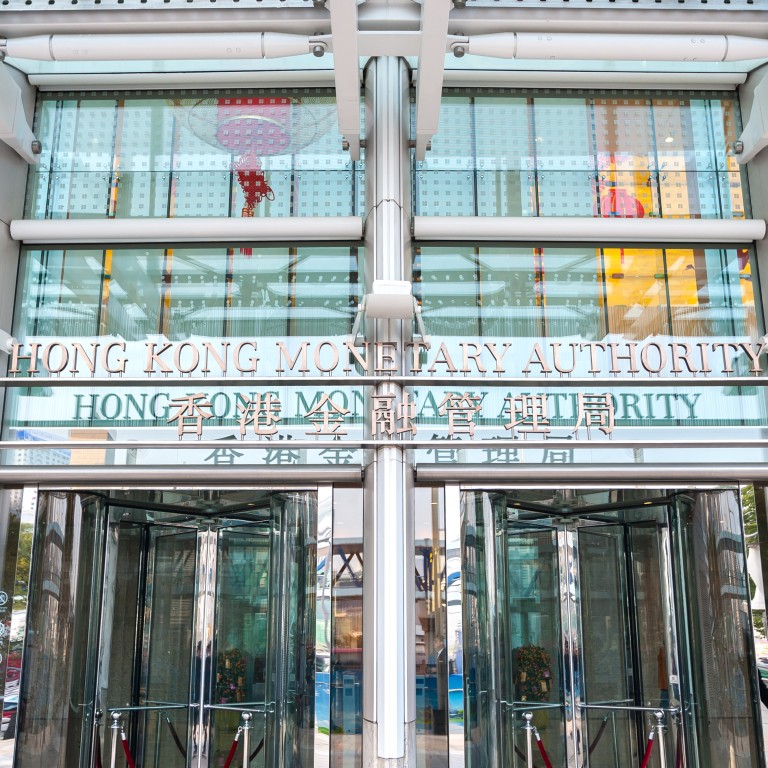
FTX creditors list includes more than 50 Hong Kong institutions, including regulators HKMA and SFC
- The Hong Kong Monetary Authority and the Securities and Futures Commission were two of thousands of entities included on a list of potential creditors to FTX
- The broad list does not mean named institutions are necessarily creditors, lawyers say, and the connection to the crypto exchange is unclear
A broad list of potential creditors to collapsed cryptocurrency exchange FTX includes more than 50 Hong Kong entities, with two government bodies that regulate virtual assets, in a display of the one-time crypto giant’s extensive reach.
The Hong Kong Monetary Authority (HKMA) and the Securities and Futures Commission (SFC) are included in a 115-page list – spanning more than 7,500 rows of parties, including many redacted names – filed to the Delaware bankruptcy court on Wednesday. At least 50 other Hong Kong entities were also listed.
The precise relationship between the listed institutions on the “Verified Creditor Matrix” and FTX is unclear, as is whether any money is owed. In a separate statement filed with the court on Wednesday, lawyers said the list “is intended to be very broad for service purposes and includes parties who may appear in the Debtors books and records for any number of reasons”.
A name on the list “does not necessarily indicate that the party is a creditor of any of the Debtors”.
“We note that the list is compiled by a US financial advisory firm and it contains a few thousand names including many regulatory bodies and public authorities in various jurisdictions,” an HKMA spokesman said.
“We are not in a position to comment on the rationale for including the HKMA on the list.”

Regulators that month also downplayed the potential impact in Hong Kong of FTX’s bankruptcy, saying any fund managers’ exposure appeared to be “immaterial”.
The SFC said it had no comment.
The creditor list includes a wide swathe of institutions, from US and international securities regulators to media organisations like Bloomberg, The New York Times and The Wall Street Journal. Goldman Sachs, one of multiple international banks named, told Bloomberg News that it is not an FTX creditor.
FTX owes its 50 biggest creditors more than US$3.1 billion, including US$1.45 billion to its top 10 creditors, according to a court filing in November. Creditors’ names were redacted.
Other Hong Kong entities named on the latest creditor list include workspace provider The Executive Centre, one of FTX’s offices when it was based in the city before leaving for the Bahamas, and several venture capital investors including Ausvic Capital and Chuang’s China Capital.
FTX fallout continues to spread, hitting Hong Kong and US exchanges
The two venture capital firms invested in the collapsed exchange, according to a court filing earlier this month that revealed FTX’s previously unknown equity holders.
The exposure of crypto-related businesses in Hong Kong, where FTX was founded before moving to the Bahamas, also came to light last year as they ran into financial trouble.
A Hong Kong subsidiary of Huobi Global, a crypto exchange founded in mainland China before leaving during an industry crackdown, is also on the list. Hbit Limited, a subsidiary of Huobi affiliate New Huo Technology, said in November it had US$18.1 million worth of cryptocurrencies deposited at FTX.
The government unveiled a range of policy measures including allowing retail participation with licensed exchanges under a new scheme and allowing exchange-traded funds with exposure to bitcoin futures.
Less than two weeks later, FTX declared bankruptcy.
Additional reporting by Enoch Yiu.

